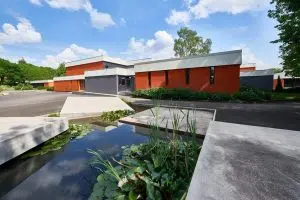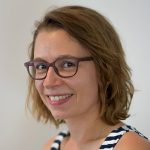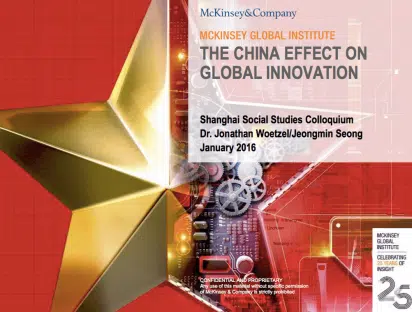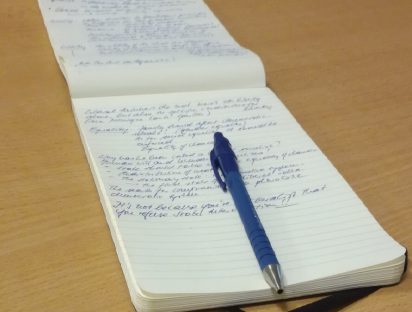Each year, the Lycée Bergson in Angers organises, under the guidance of Dr Gaël Prigent, and with the active support of his colleagues Lorine Bost, Élodie Lequain et Caroline Fargeix, a series of interdisciplinary evening lectures for its students of their humanities track, drawing on the expertise of external scholars. The topic is imposed by the admission exams prepared by these students – in 2018-2019, the lectures were expected to address a theme linked to “memory”.
This year, three members of the EU-Asia Institute responded to the invitation.
Anne Musson grounded her lecture on the question to what extent indicators may constitute the memory of our economy. How can indicators help remember the past and improve the present and future? The memory they provide is a subjective one that can easily be manipulated. Indicators are the “silent witnesses” of economy, they can only speak when put into their historical, sociological and political context.
Cyril Fouillet drew on his research on monetary and financial practices in order to speak about the history of the bank account – taken for granted today, but owned by only 17% of French households as late as 1966! Mobilising findings from history, geography, sociology and economics, he touched on moving representations of what is considered formal and informal in monetary practices.
In the last lecture of the season, Albrecht Sonntag summed up the state-of-the-art of research on “collective memory”, demonstrating to what extent a shared remembering of the past remains a cornerstone in the construction process of collective identities. He argued that in increasingly multicultural societies, destabilised by globalisation anxieties, there will be less and less consensus on what should be remembered by whom and for what purpose.
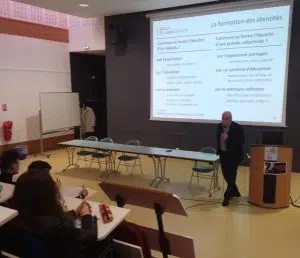
[cite]

